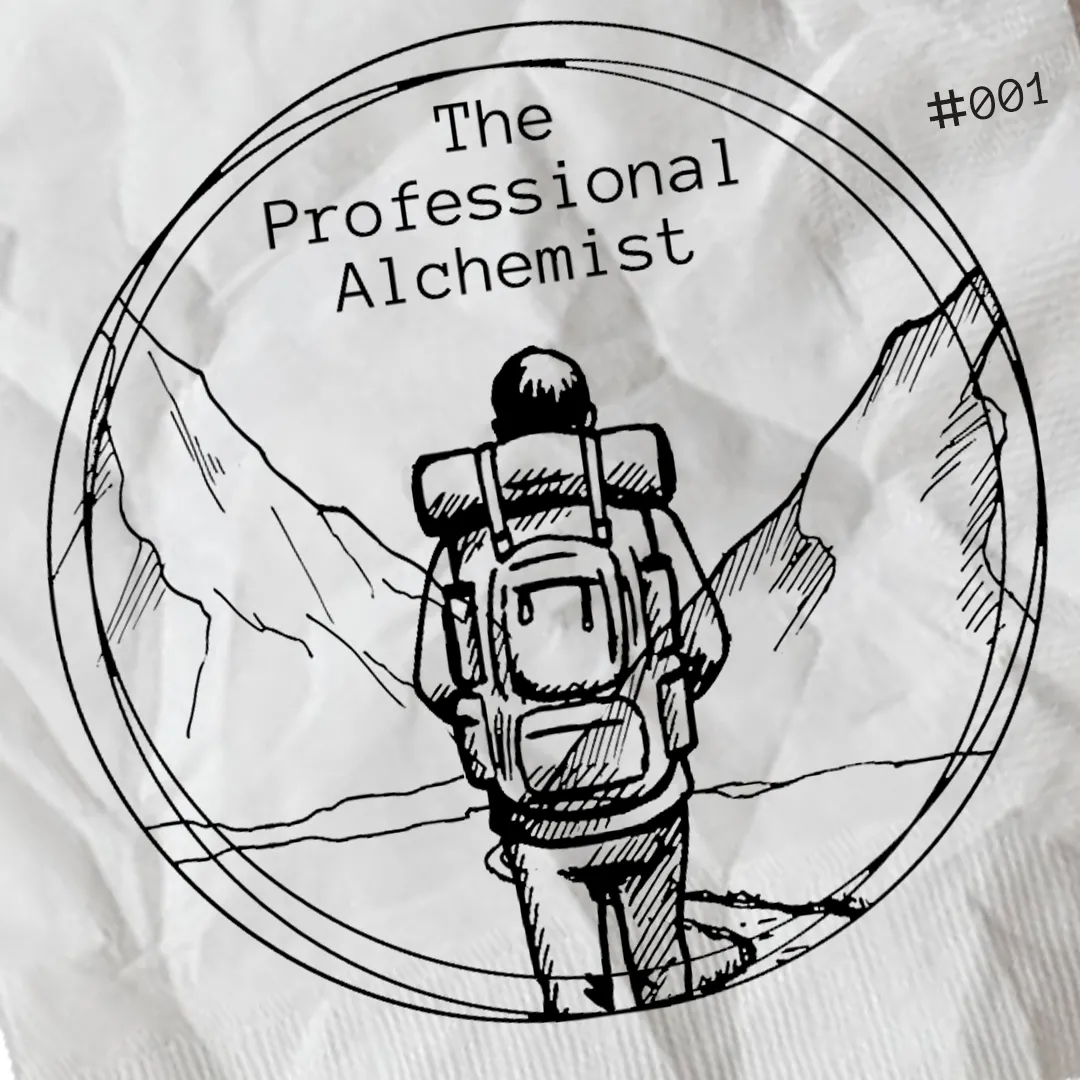
Day #022
Lagos, Portugal
The Stones Remember
In Lagos, all roads converge on a plaza that haunts me.
Palm trees line its edges, waves break along the bastions, and the cobblestones still radiate the day’s heat long after the sun has set.
The plaza's medieval baroque church that’s commanded attention over this area for centuries is illuminated by the open grills smoking sardines - sea and salt waft through the air.
A crowd forms all around the area.
Laugher drifts from bars as backpackers chase cheap beers and EDM basslines.
At first glance – Lagos looks like any other medieval coastal town in Europe. Cobblestones are filled with tourists sipping sangria, and hordes are boarding dolphin sight-seeing cruises.
But beneath these stones – the world was broken.
Here, for more than 300 years, Europe’s first slave market thrived. Lagos was the trigger behind the Transatlantic Slave Trade – and became the supply chain node for nearly 6 million Africans ripped from their homelands - nearly half of the entire trade.
It's the horror of this plaza - draped in adorational adornment - where the inescapable reality of man's inhumanity to man took center stage.
And I close my eyes to imagine.
I can almost see them. Shackled men, women, and children herded across the same stones beneath my feet. Ankles and wrists raw – skin torn raw against iron, every movement searing. Necks bent by vise-grips that threaten suffocation.
Families torn apart – sold and traded to foreign New World destinations – in a matter of transactional moments.
A mother screaming for her young daughter.
A father – beaten and bloody – fighting to understand.
I imagine the kids – eyes wide with terror - shackled in irons designed for their smaller frames – and I can’t help but think: What kind of psychopath invented chains for children whose only fault was getting in the way of a conquering machine.
But the crowd around them – merchants, sailors, aristocrats, priests, and others – pretend not to hear.
On one side – a whole population realizing that everything they ever knew was now gone.
On the other – “The Invisible Hands” operating with horrific precision.
Nothing about this scene was chaos. This was an industrial system.
A human supply chain refined to profits and losses.
The church blessed it. The crowns sanctioned it. The banks financed it.
And the economic backwaters of western Europe grew rich while Africa bled – the largest transfer of wealth in human history.
Twelve million lives stolen, shipped, and buried in the soil of the New World.
A level of generational and institutional slavery the world has never known.
I stand before a statue of Henry the Navigator – hailed as a hero for launching Europe into the Age of Discovery. All around me, tourists pose for photos, unaware this man charted not just voyages of discovery but was the founder of the Transatlantic Slave Trade.
The bronze may honor him – the stones indict him.
I keep imagining.
Trying to see what sites I would have seen
Trying to hear the sounds I would have heard
Trying to feel and sense everything that this place must have been…
And then I ask myself: What would I have done?
Would I have stood silent? Signed the papers? Bought the goods? Nodded in agreement to the sermons?
Pretended chains and screams were just part of the business model?
It’s easy to say I would have been different. That I would have resisted. That I would have chosen courage over silence – The White Rose.
But I don’t know.
And that’s the most haunting part.
Because when I look at the images of the enslavers – they look a lot like me.
And I realize, cruelty doesn’t vanish. The moralizing simply evolves – it’s reinvented. New words, new systems, new justifications.
It waits for the moment when silence feels safer than conscience – when standing up for what’s right is staring at the weighty fear of actually doing so.
Now more than ever, I understand that The Professional Alchemist isn’t about a professional’s wanderlust.
It’s about remembering.
Not about escape, but confrontation.
Not about beauty alone, but the shadows beneath it.
It's about challenging the "knowns" and being comfortable sitting with the complicated, complex, and - at times - the utterly horrific.
And - in doing so - it’s about refusing the temptation to explain away, to justify, or to whitewash.
History isn’t the past – it is a mirror.
And Lagos – this plaza – stares back at me demanding an answer.
Because the question isn’t really what would I have done then.
It’s only: What will I do now.
With great reverence, I walk across the stones. I feel their heat. I sense their memory.
And I’ll remember too.